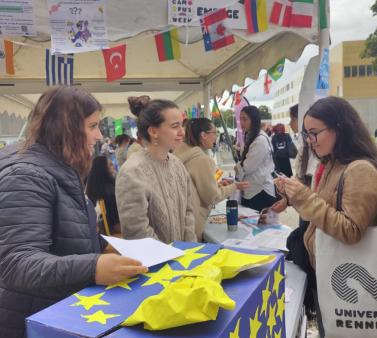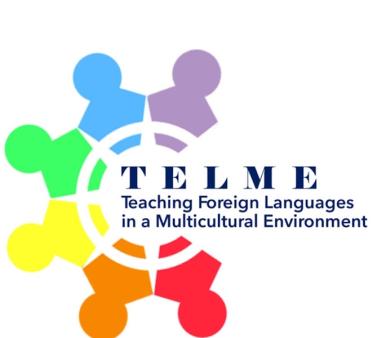Presentation
Children with Autism Spectrum Disorders have great difficulty integrating into both social and academic activities. With the prevalence of the spectrum of autistic disorders continuing to increase in Europe, it is a matter of well-being for these young people, their families and communities that public actors and bodies facilitate safe and inclusive environments.
This project aims to study what is called "inclusion", a procedure that immerses children and young people in difficulty in the school system or society. Most current methods use identical protocols for all young people, which places the emphasis of the educational (and burdensome) dimension on them. Our experience, which was shared during a European seminar financed by Erasmus +, shows the need to redesign the conditions of inclusion, especially taking into account the positions and interests of those people afflicted with autism spectrum disorders.
Based on the experiences of the institutions in our network, as well as the families, we have implemented a practice that supports the specificities of each young person, taking into account their own interests. It is a work that, in each case, requires the sharing of knowledge in order to advance the integration of this group. This orientation, which is a little more complex to implement, proves to be more interesting for young people and more efficient for social action and learning opportunities.
Network and Actions
The network of participants was restructured during the European seminar in 2018. The participants are professionals from specialized institutions working with children and young people with autism spectrum disorders (from France, Spain, Italy, Belgium and Bulgaria), associations of families and young people likely to contribute, and finally researchers in psychology and educational sciences (France, Bordeaux and Rennes).
The project will consist of building a guide for education professionals working with young people with autism spectrum disorders, based on exchanges and experiences. This action will be complemented by an educational video and scientific framing work. A book should complete this work, which follows a first European seminar that helped build the network (and has already resulted in a first book).
The exchanges will be structured in regular seminars, supplemented by colloquia to promote the dissemination of this work. A dedicated website and social media pages will facilitate project dissemination.
From the results of this project, a new impetus, taking into account the wishes and capacities of young people, should give them the opportunity to more fully participate in a social life of their own making, to contribute to cultural and social actions and to benefit from educational institutions. The final objective is to compare European practices and promote a new model of inclusion.
Project Details
- Project Coordinator: Rennes 2 University
- Type of Project (Program): Erasmus +
- Project Lead: Michel Grollier (Rennes 2)
- Laboratory/UFR: Department of Psychology at Rennes 2
- Total grant amount: 348,855€.
- Total for Rennes 2: 43,680€.
- Duration: 36 months (2019-2022)
Partners:
- Antenna 110 (Genval, Belgium)
- Le Courtil (Leers-Nord, Tournai, Belgium)
- Association "CHILD AND SPACE" (Bulgaria)
- Bordeaux University, ESPE d'Aquitaine (Bordeaux, France)
- EPS Ville-Evrard (France)
- Cadillac Hospital Center (France)
- Family association " LA MAIN À L'OREILLE " (France)
- Nonnette Therapeutic and Research Center (Clermont-Ferrand, France)
- Centros de Educación Infantil "PATINETE" (Zaragoza, Spain)
- Fundacion Atencion Temprana (Zaragoza, Spain)
- Asociacion de familias "TEADIR-ARAGON" (Spain)
- Fondazione Martin Egge Onlus (Venecia, Italy)






